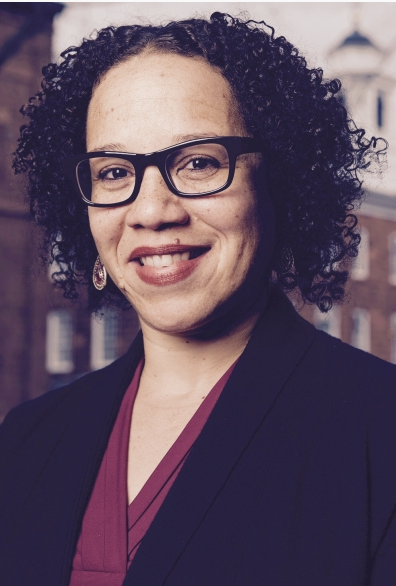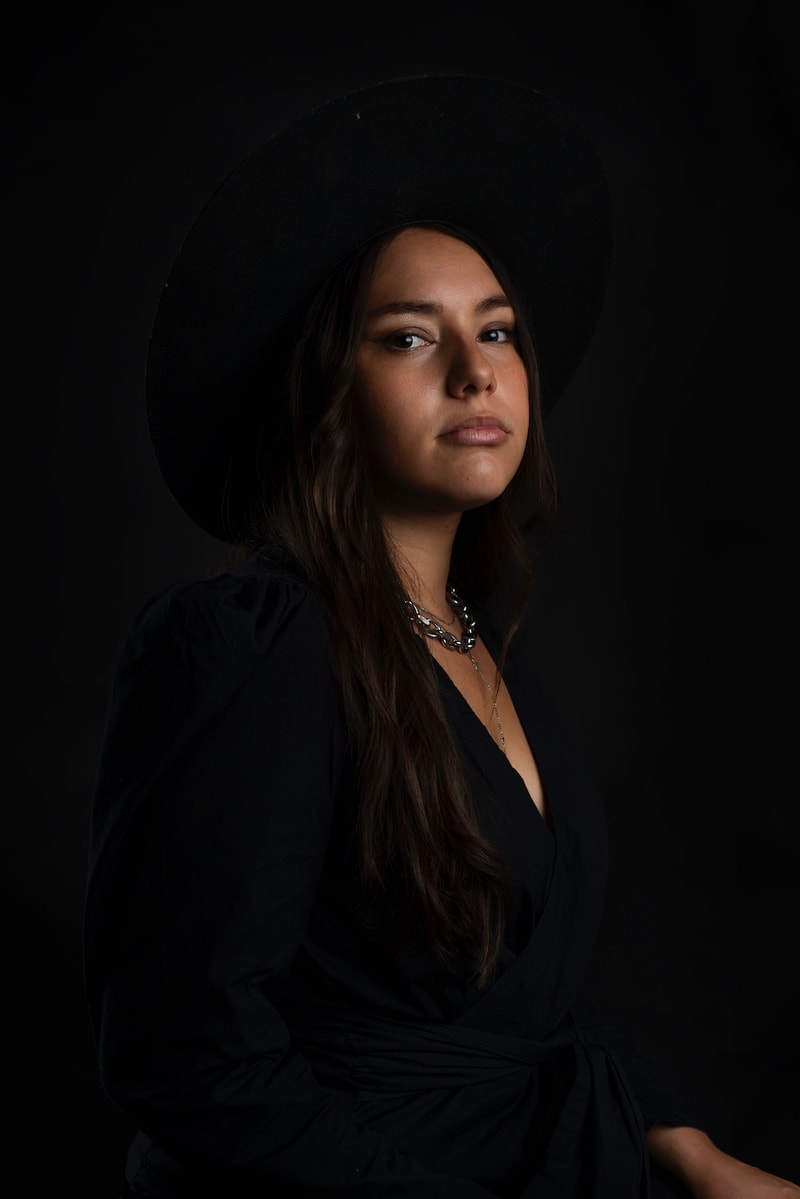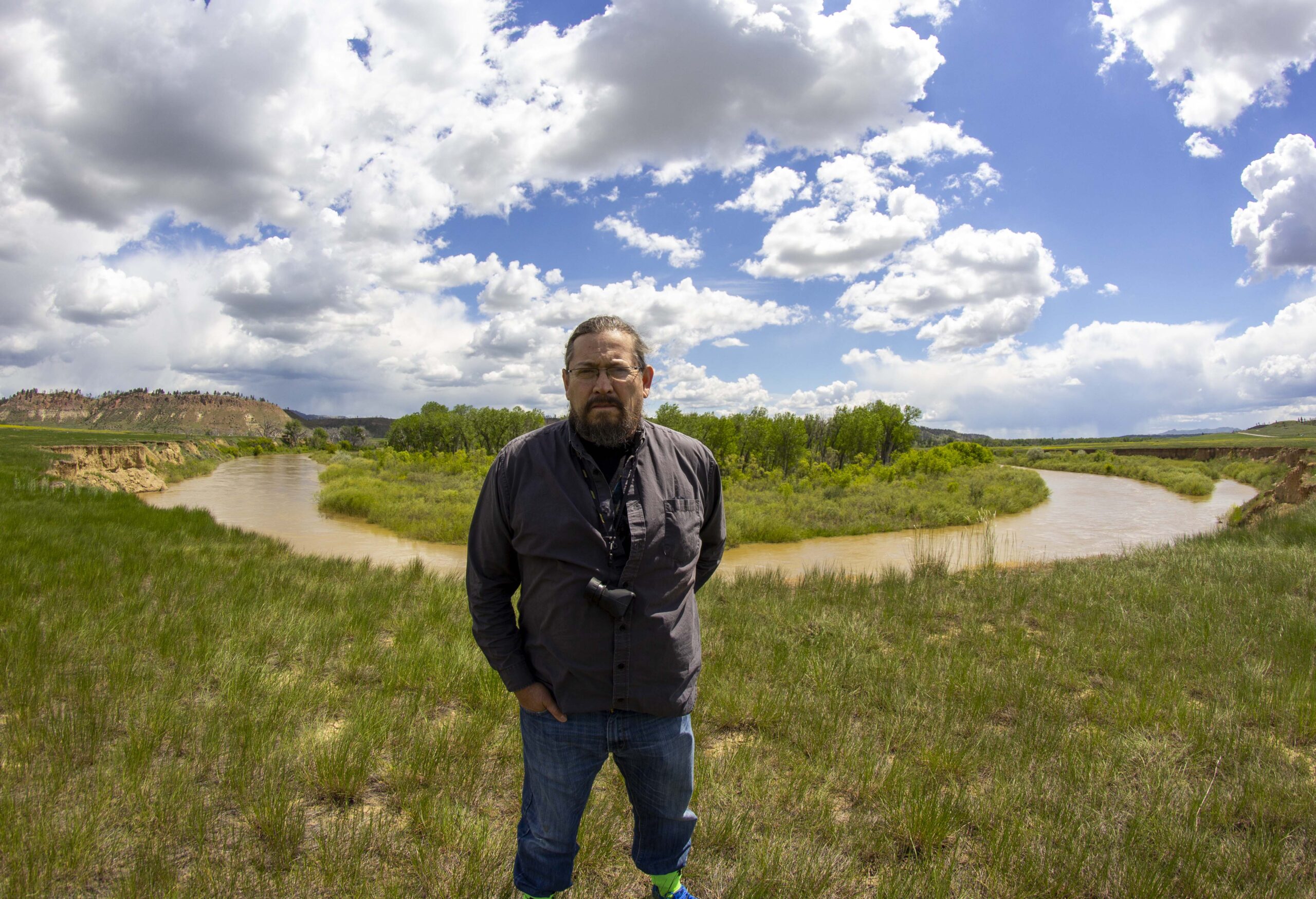Supported by the Mellon Foundation “Humanities for All Times” initiative.
The DRE: Disturbance, Re-Animation, and Emergent Archives
October 20-22nd, 2022
2022 CONFERENCE SCHEDULE
Thursday, October 20, 2022
5pm: Screening and presentation with Bently Spang (Weis Cinema at the Bard College Campus Center, 30 Campus Road)
6pm: Reception at the Center for Experimental Humanities (New Annandale House, 1399 Annandale Road)
Friday, October 21, 2022
8:30am: Coffee (Reem-Kayden Center (RKC), 31 Campus Road)
9:00am: Welcome & introductions (Bito Auditorium: RKC 103)
9:30am: Opening keynote with Dr. Marisa J. Fuentes, “Buried ‘Without Care’: Social Death, Discarded Lives, and the Transatlantic Slave Trade” (Bito Auditorium: RKC 103)
10:30am: Break
11:00am: Concurrent workshops / screenings / presentations
- Talaya Robinson-Dancy: “Finding Your Place in the Archives: Black Women and Research” (Bito Auditorium: RKC 103)
- Wikipedia “edit-a-thon” (Henderson Lab 106, 24 Henderson Circle Drive)
- “An Informed Approach: Mohican Nation in Williamstown” with Jayden Jogwe, Hikaru Hayakawa, Mirabai Dyson, and Gwyn Chilcoat (RKC 200)
12:45pm: Lunch
2pm: Concurrent workshops / screenings / presentations
- Olivia Tencer: “On Research, Life, and Archives: a Conversation” (Bito Auditorium: RKC 103)
- Wikipedia “edit-a-thon” (Henderson Lab 106)
- Screening of Sky Hopinka’s short films (Center for Curatorial Studies 102, 33 Garden Road)
3:45pm: Break
4-5pm: Closing keynote with Dr. Elizabeth Ellis, “Recovering Indigenous Histories of Survival: Enduring Louisiana Nations” (Bito Auditorium: RKC 103)
Saturday, October 22, 2022
11am: Student Presentations with Vivian Hoyden and Nine Reed-Meera at the Center for Experimental Humanities (New Annandale House)
2pm: Closing lecture and reception with Suzanne Kite, “Makȟóčheowápi Akézaptaŋ (Fifteen Maps).” (LUMA Theater at the Fisher Center of the Performing Arts, 60 Manor Avenue)
KEYNOTE SPEAKERS & ARTISTS

“Recovering Indigenous Histories of Survival: Enduring Louisiana Nations”
Elizabeth Ellis is an assistant professor of history at Princeton University. She specializes in early American and Native American history and her research focuses on the early Indigenous south. Prior to joining Princeton, Ellis was assistant professor of history and co-director of the Native Studies Forum at New York University and the Barra Postdoctoral Fellow and a visiting assistant professor at the McNeil Center for Early American Studies at the University of Pennsylvania. Her forthcoming book with the University of Pennsylvania Press, Power on the Margins: The Petites Nations and Lower Mississippi Valley, 1650-1800, examines the formation of Native nations in the early southeast and the ways that Indigenous peoples shaped and limited the extent of European colonization. Her research interests also include, Indigenous migration, Native American slavery, and early Indigenous writing. In addition to her work on early America, Ellis writes about contemporary Indigenous issues and political movements and is committed to organizing and fighting for Indigenous self-determination. She is a citizen of the Peoria Tribe of Indians of Oklahoma.

“Buried ‘Without Care’: Social Death, Discarded Lives, and the Transatlantic Slave Trade”
Reading through select documents from early Portuguese and English “slave trading,” this talk thinks through the concept of “social death,” that historians and critical Black studies scholars employ or challenge to understand slavery and its afterlife. With particular attention to the category of “refuse slaves” attached to African captives who sometimes did not survive the arrival and sale in Atlantic ports, I consider the limits of language, narrative, and disciplines in attending to those who lingered towards and succumbed to the violence of the transatlantic slave trade.
Marisa J. Fuentes’s scholarship brings together critical historiography, historical geography, and black feminist theory to examine gender, sexuality, and slavery in the early modern Atlantic World. She teaches courses at Rutgers in the History and Women’s and Gender Studies departments on topics ranging from early modern Caribbean history and women’s and gender history in the United States to feminist theories and methodologies. She is the author of Dispossessed Lives: Enslaved Women, Violence, and the Archive (University of Pennsylvania Press, 2016) which won both the Barbara T. Christian Best Humanities Book Prize and the Berkshires Conference of Women’s Historians First Book Prize. Fuentes’s research has been funded by several institutions including the Ford Foundation, Fulbright IIE Program (Barbados), the Charles Warren Center for Studies in American History at Harvard University, and the Schomburg Center for Research in Black Culture with funding from the National Endowment for the Humanities.

Makȟóčheowápi Akézaptaŋ (Fifteen Maps).
Description:
Makȟóčheowápi Akézaptaŋ (Fifteen Maps) explores the Hudson River site known as Cruger Island, which was “purchased” in the 19th century by John Cruger, who used it as a backdrop for stolen Mayan ruins he transported as casts from Honduras. By the 1960s, Cruger Island had become a place for archeological excavations that displaced Indigenous artifacts and remains now held by the New York State Museum. Confronting those histories, Kite interrogates these knowledge systems and explores how AI might function as a conduit for alternative ways of nonhuman knowing. In this experimental lecture, multimedia artist Kite will explore how artificial intelligence reproduces the logics of coloniality, flattening land, people, and lifeworlds into objects of knowledge — data points to be extracted.
Kite aka Suzanne Kite is an Oglála Lakȟóta performance artist, visual artist, and composer raised in Southern California, with a BFA from CalArts in music composition, an MFA from Bard College’s Milton Avery Graduate School, and is a PhD candidate at Concordia University for the forthcoming dissertation, sound and video work, and interactive installation Hél čhaŋkú kiŋ ȟpáye (There lies the road). Kite’s scholarship and practice explores contemporary Lakota ontology through research-creation, computational media, and performance. Kite often works in collaboration, especially with family and community members. Her art practice includes developing Machine Learning and compositional systems for body interface movement performances, interactive and static sculpture, immersive video and sound installations, poetry and experimental lectures, experimental video, as well as co-running the experimental electronic imprint, Unheard Records. Her work has been featured in various publications, including the American Indian Culture and Research Journal, the Journal of Design and Science (MIT Press), with the award winning article, “Making Kin with Machines”, and the sculpture Ínyan Iyé (Telling Rock) (2019) was featured on the cover of Canadian Art.

Bently Spang is an independent multidisciplinary artist, educator, writer, curator and an enrolled member of the Tsitsistas/Suhtai Nation (a.k.a. Northern Cheyenne) in Montana, who works in mixed media sculpture, video, performance, photography and installation. His work confronts and confounds the persistent, romantic and inaccurate role crafted for Native people in the false narrative of ‘The West.’